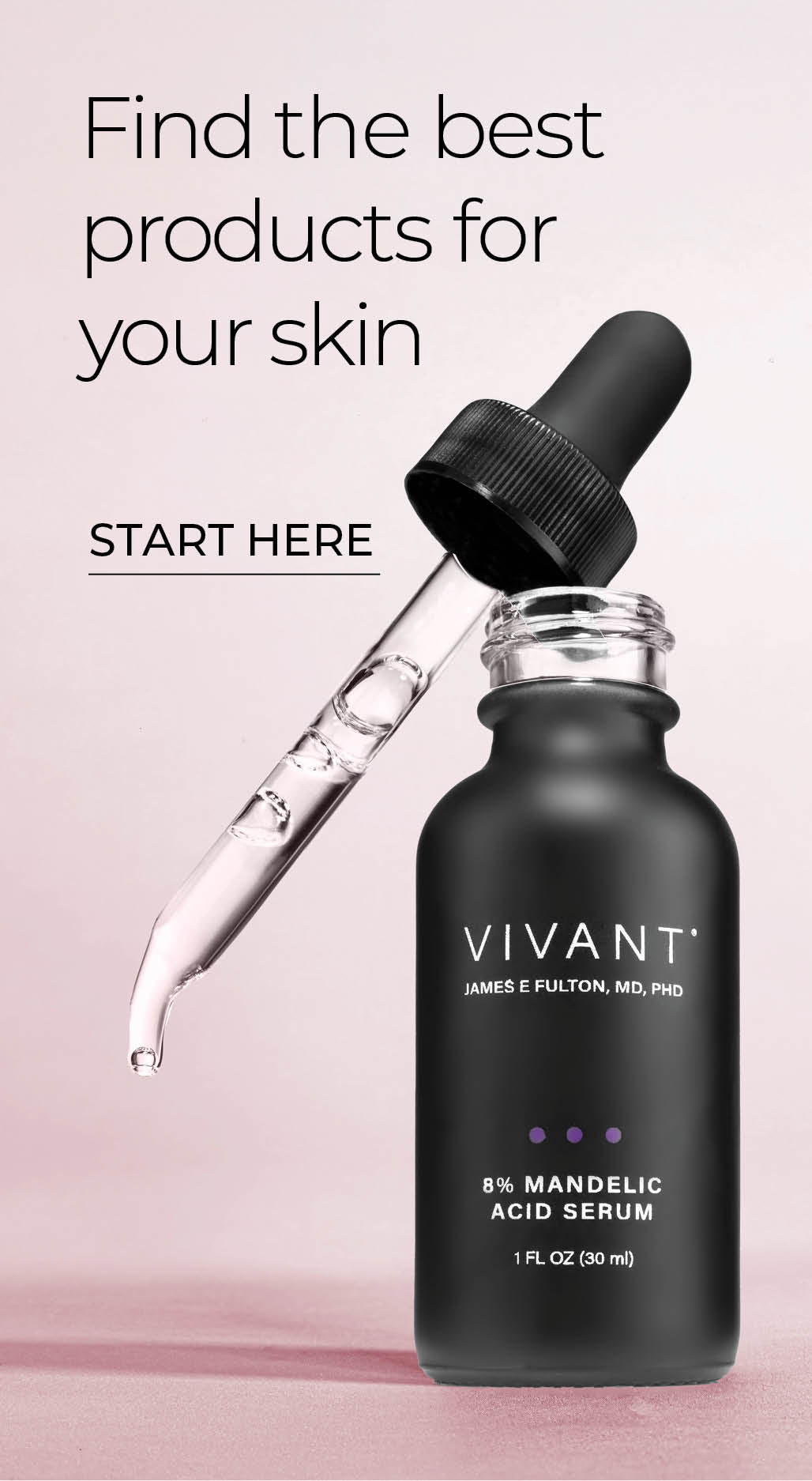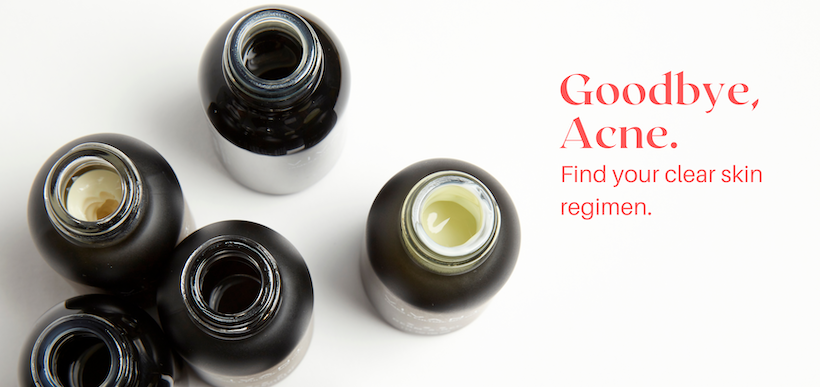Why Antioxidants Are Skin’s Best Friend

Table of content
Why Your Skin Needs Antioxidants
Your skin needs antioxidants like a fish needs water. These all-important compounds are vital in supporting healthy cell function and preventing premature aging. Antioxidants improve cell function, promote collagen production, enhance elasticity, and reduce and repair UV damage. But what exactly are they and how do you get them into your skin?
Oxidative stressors from pollution, UV, chemicals are bombarding your skin daily. That oxidative stress creates a chemical reaction that produces free radicals and sets off a chain reaction of cell-damaging responses. Over time, this cell degradation causes a breakdown in collagen, decline in firmness, increase in wrinkles, and a dulling of tone. Antioxidants, as the name implies, fight this process by inhibiting oxidation and neutralizing free radicals.
While your body has its own antioxidant defense system, it can use some help standing up to the daily free radical offensive. You can and should give your body a protective boost through a diet and skin care. However, research shows that topical application of antioxidants has significant advantages over consumption, yielding an antioxidant concentration of up to 40 times more. Additionally, topical application loads the skin with a reservoir of protective antioxidants.
Some of the most potent antioxidant compounds are found in vitamins like A, C, and E, and in the phytochemicals in plants like green tea, or in omega-3 fatty acids.
It’s hard to pick a single superhero because they all have so much to offer. If we were to break it down to our favorites, it would have to be these.
Green Tea
This soothing superhero has all the antioxidant feels. Loaded with bioactive polyphenols, plant micronutrients including catechins (GTC) and epigallocatechin gallate (EGCG), green tea protects cells and DNA from free radical damage and helps maintain healthy collagen formation. It’s significantly higher in beneficial catechins than any other type of tea and also rich in vitamins E and C. Among its many other benefits, green tea has potent anti-inflammatory properties making it an excellent choice for anyone with rosacea, psoriasis, sensitive skin. It’s also thought to reduce sebum production, a benefit for acne-prone skin.
Find it in our Green Tea Antioxidant Cleanser
Retinoid (Vitamin A)
Retinoid (Vitamin A) is a potent antioxidant with some serious added benefits. In addition to waging war on free radicals, vitamin A reduces fine lines, fills wrinkles, flattens bumps, peels impactions, lifts dark marks, to dramatically improve tone and texture. It’s excellent for reducing signs of aging or clearing up acne, including cystic and hormonal acne. Used in combination with other AHA brighteners for maximum results Retinoid is essential for even, smooth, youthful skin, .
Find it in our multi-tiered collection of Corrective serums and Wink Eye Rejuvenation Cream.
Vitamin C
This superhero antioxidant is best known for its brightening powers. It’s an inhibitor of melanin production and also boosts the body’s store of glutathione, another potent antioxidant that regulates tyrosinase activity. But its photoprotective effects are the real star. Vitamin C is known for its ability to prevent and repair UV damage, both from UVB (the shorter rays responsible for sunburns and skin cancer) and UVA (the rays that penetrate deep into the dermis causing damage to collagen, elastin, and DNA, and may stimulate the development of melanoma). Bonus: vitamin C is a co-factor for the enzymes that stabilize and link collagen molecules. It boosts both the quantity and quality of collagen production.
Find it in Pure C + E Antioxidant Serum
Vitamin E
Essential for the maintenance of healthy skin, vitamin E guards cells from UV-induced damage and the effects of environmental pollutants. Part of its photo-protective effect comes from its ability to absorb energy from ultraviolet light. Vitamin E limits DNA damage and reduces chemical and structural changes to skin after UV exposure. Topical applications have also been shown to reduce UV-induced tumor formation and to reduce the effects of photo-activated toxins in the skin.
More sidekick than superhero, vitamin E gets a serious status upgrade when combined with vitamin C. Together they exhibit a synergistic reaction that optimizes their individual strengths for maximum photoprotective effects.


Comments